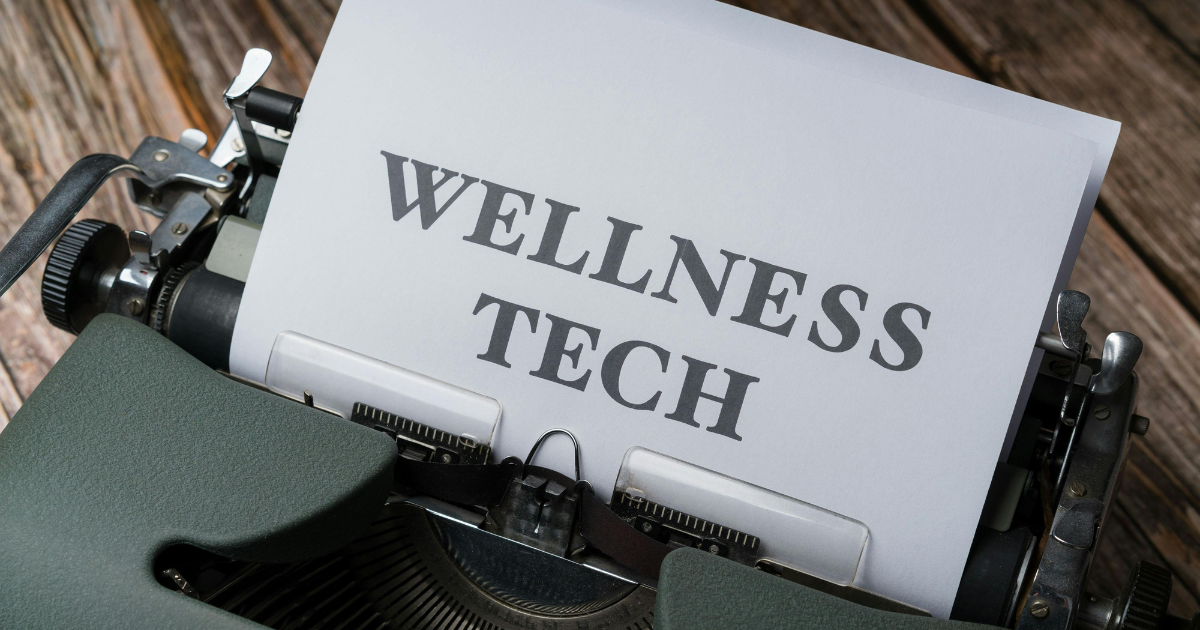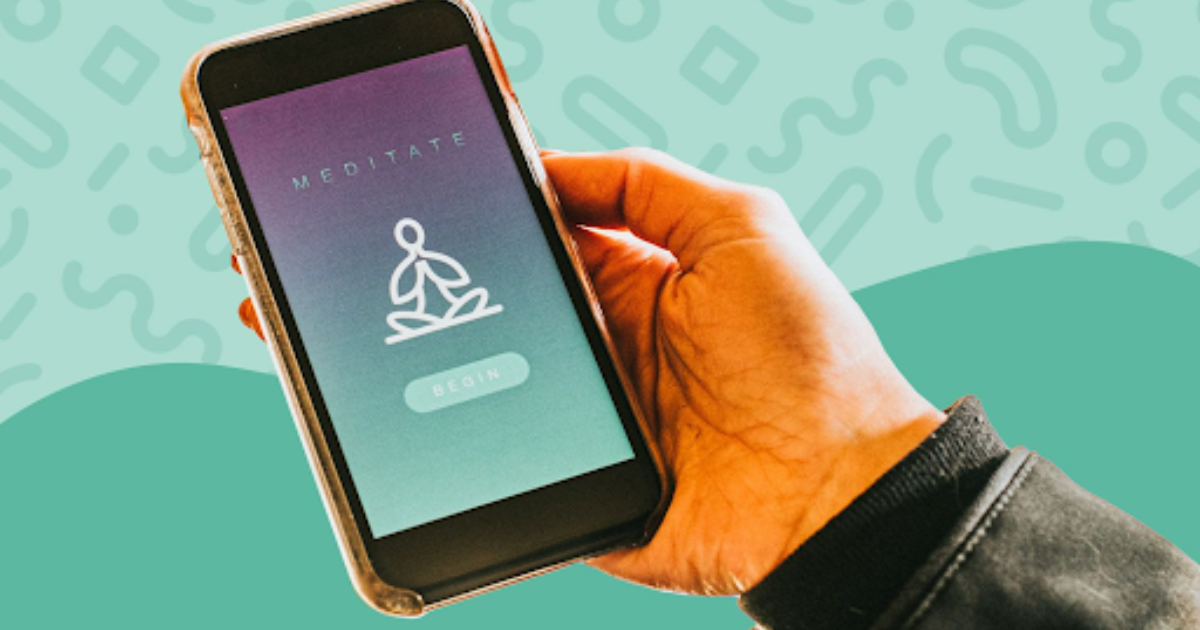Nowadays it is hard to find a person who spends enough time away from their phone focusing on real-life experiences and taking a break to unplug from the world that only exists in their phone. Still, there is a way to benefit from non-stop smartphone usage if you dedicate a bit of your time to mental health applications.
In this article we will discuss software applications that are meant to improve the mental well-being of a smartphone user – let us figure out if these apps actually work and how they can help an individual in need of psychological support.
The Rise of Mental Wellness Apps
A user-friendly app you can access at any time of day and night makes complete sense – you may feel anxious, stressed, and fatigued at random times while being away from other people with only your phone in your hand. Mental health care is not an option for many individuals – some have financial troubles while others are worried about the reaction of people they know due to the stigma that surrounds therapy. Discovering more about mental health care tips or chatting with a therapist is a perfect solution for someone who only begins to prioritize their mental well-being.
Why They’re More Than Just a Trend
Although therapy becomes more widespread and every year more men and women overcome their fears and seek professional help, 24/7 access to psychological support via a smartphone remains a popular option. If you live far from mental health facilities, you want to keep your emotional issues private, you do not have time to commute to a clinic for therapy sessions, or you are simply too introverted to open up in a support group, a mental wellness app can allow you to manage your anxiety and stress.
How Mental Health Apps Can Support Stress and Anxiety Relief
| Benefit | Description |
| Learn to Be Consistent | Coping mechanisms and mindfulness practices require commitment, and it is hard to be accountable when you are not keeping track of what you are doing or have no one to check on you. With an app of this kind you can stick to a routine and celebrate your accomplishments and important milestones |
| Try New Techniques | You may know certain ways and methods to calm yourself down but a counselor you connect with will introduce you to practices you have never heard of before – get educated and expand your horizons as you resolve your inner conflicts |
| Maintain Your Anonymity | One of the main concerns people in need of therapy have is the need to disclose information they would prefer to keep to themselves. As you are talking to a therapist via an app, you can only share the things you want |
Features That Make a Difference
As for mental health app features that will help you monitor your emotions and behavior, you should take note of a recovery timeline that will allow you to see your progress in real time, notifications that will remind you that it is time to take a break and practice mindfulness, and virtual assistants that will recommend you to try new treatment methods based on what you have achieved so far.
Top-Rated Mental Wellness Apps Worth Trying
There are numerous online therapy providers that can help you rebuild your life, pursue your goals, and feel more vibrant and youthful. Figure out what your main issue is and download an app that focuses on resolving problems of this sort. For instance, BetterHelp is the number one option for individuals who wish to talk to therapists, Headspace is perfect for people who need to practice mindfulness to feel more resilient and connected, and Talkspace can guide individuals who were formally diagnosed with depression or suspect they may be depressed.

Free Vs. Paid Options – What’s Worth It?
It is understandable that a mental wellness app you have to pay for – once or every month with a subscription – will provide you with more features and support. Still, most apps available today can either offer you a free trial or encourage you to use free features without ever having to pay. You should look for behavioral health apps that combine paid and free options, sign up for free trials wherever you can, and take advantage of exercises and practices you can get access to. Either way, a mental health app you pay for will be cheaper than therapy so it is up to you to decide what kind of emotional support you can afford right now.
Can These Apps Replace Therapy?
Mental health applications can become the first step you take on your mental wellness journey or complement traditional therapy in case you need to follow certain directions and suggestions between real-life appointments with a therapist. Still, there are certain advantages of therapy no apps can offer:
| Benefit | Description |
| Customized Approach | A therapist will offer you individualized treatment based on your needs and preferences while an app will offer you generic suggestions that may fail to take your medical history and symptoms into account |
| Detection and Diagnosis of Mental Illnesses | Therapists and psychiatrists can recognize underlying issues you are not aware of, recommend therapy modalities to eliminate the symptoms, and formally diagnose you. Besides, a psychiatrist will prescribe the medication you need to cope with your disorder after evaluating your physical and mental condition |
| Peer Interaction | If you are looking for a validating and supportive environment to regain confidence and self-worth, group therapy can be the best solution for you – forge connections with your peers and combat social isolation |
Understanding Mindfulness Apps
All mindfulness apps are different – the app interface is always unique which often encourages a user to download a few applications at once and try them all simultaneously. Nevertheless, most apps are supposed to create a schedule for you to follow, teach you how to meditate or do yoga, help you master breathing exercises with videos and images that show how to do it correctly, and remind you that the time has come for you to devote a few minutes to mindfulness and self-introspection.
How They Work and Who Benefits
Any individual can find a mindfulness app useful – if you want to self-soothe, improve your cognitive function, and teach yourself discipline with newfound healthy habits you are adopting, a mental wellness app of this kind can be an excellent idea. Some of these apps will ask you to share your age, gender, and symptoms so that you can be provided with specific suggestions to improve your life but most of them are quite versatile and can suit a young adult or an elderly person.
Choosing the Right App for You
There is no one-size-fits-all solution in terms of mental health applications – you will have to recognize the main obstacles on your path towards wellness and decide which app can be right for you at this stage of your life. People with mild symptoms of anxiety will benefit from tracking their mood with an app or writing down their feelings to then look back and analyze them, while others need to get in touch with professional counselors and psychologists to get access to conventional and alternative therapy modalities – browse the apps you can find and see which one resonates with you the most.
Reach Out to Pacific Coast Mental Health
Although phone apps for mental health can bring you relief and relaxation you have been lacking, in some cases it will not be enough to overcome your problems especially if you are dealing with depression, trauma, or behavioral issues that interfere with your personal and professional life. Contact Pacific Coast Mental Health – our specialists can tell you more about the next step to take towards the mental wellness you deserve and support you on your transformative journey.

FAQs
What are the best mental health apps?
BetterHelp, Talkspace, Headspace, Calm, Meditopia, Finch, and Happify are arguably among the best mental wellness apps that will help you enhance your mental well-being.
Do mental wellness apps really help?
Research has shown that individuals who regularly use mental health apps are able to become more productive and focused, reduce their anxiety, and even undergo therapy after understanding there is no shame or harm in getting extra help.
Are there free mental health apps?
There are many free options for people who do not want to pay for a mental health application as well as free trials available for individuals who want to see for a few days how a certain app works and what can be done to create a meaningful change in their life.
Can mental health apps replace therapy?
If you need therapy due to deep-seated emotional issues, downloading an app will not be enough. However, mental health apps do help people who experience stress, worry over nothing, or get irritated easily – it depends on what your symptoms are and how well you can cope with life stressors.
How do mindfulness apps work?
The main purpose of a mindfulness app is to teach the user how to practice mindfulness and remind them via notifications that it is time for the next mindfulness session. You can learn yoga poses, breathing exercises, and visualization techniques to combat your mental health issues.






